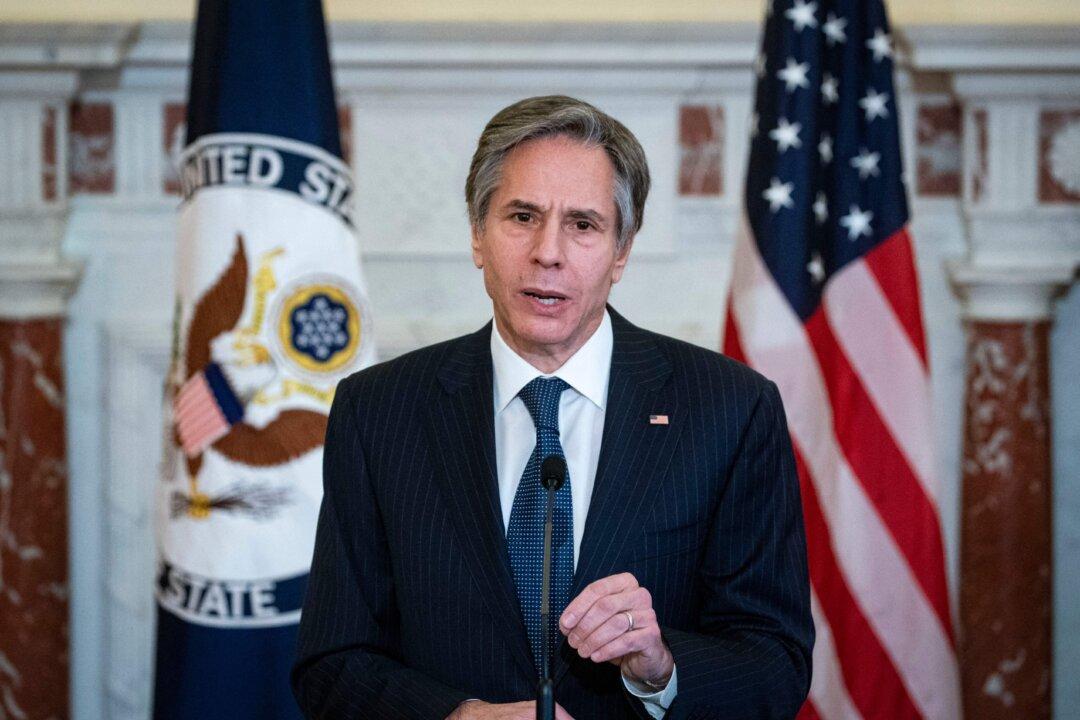U.S. Secretary of State Antony Blinken said on April 11 that it would be a “serious mistake” for the Chinese regime to attack Taiwan and expressed “real concern” about Beijing’s growing intimidation against the island.
In an interview on NBC’s “Meet the Press,” however, Blinken stopped short of saying whether the United States would respond militarily if the Chinese regime were to seize Taiwan by force, saying he wasn’t “going to get into hypotheticals.”





